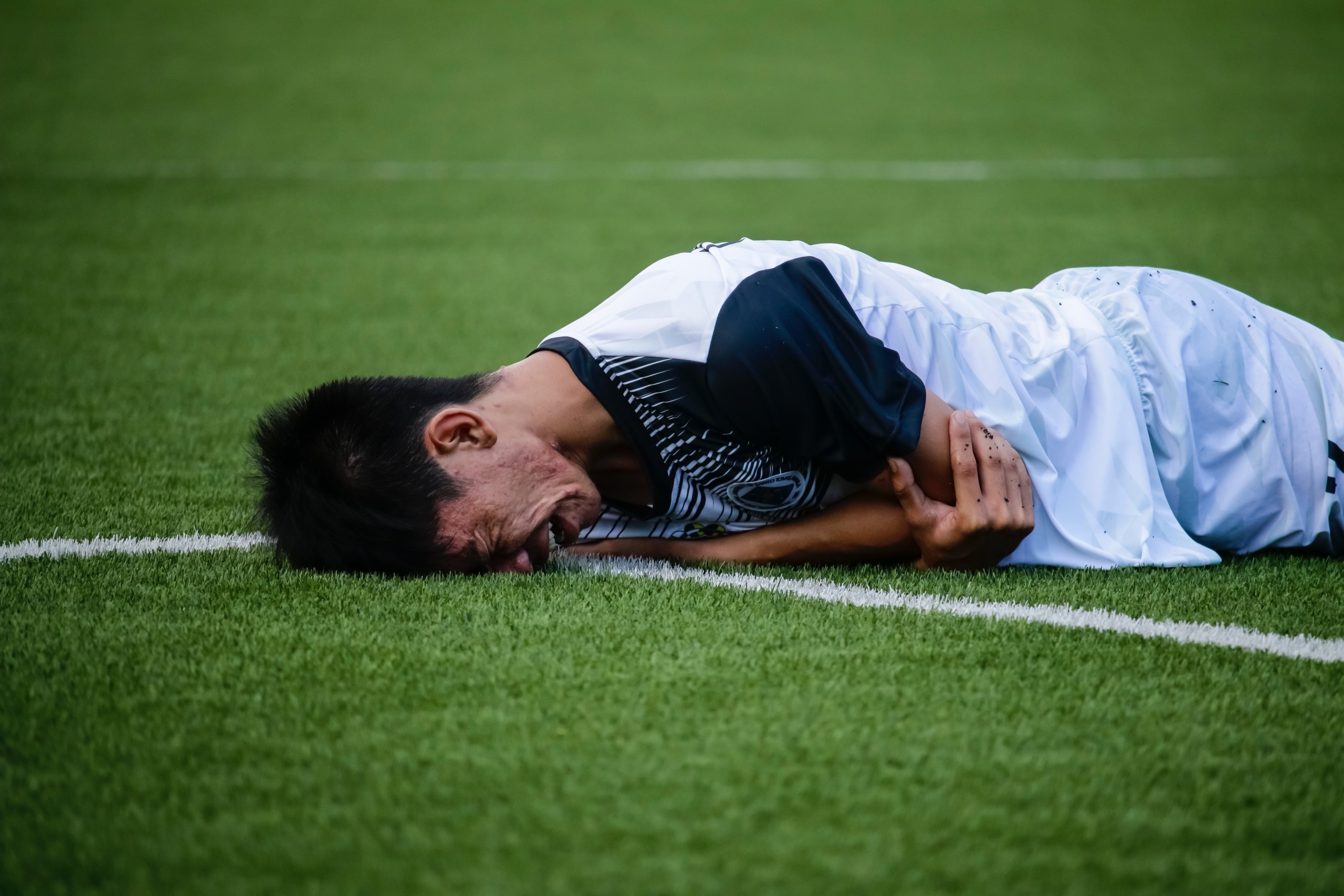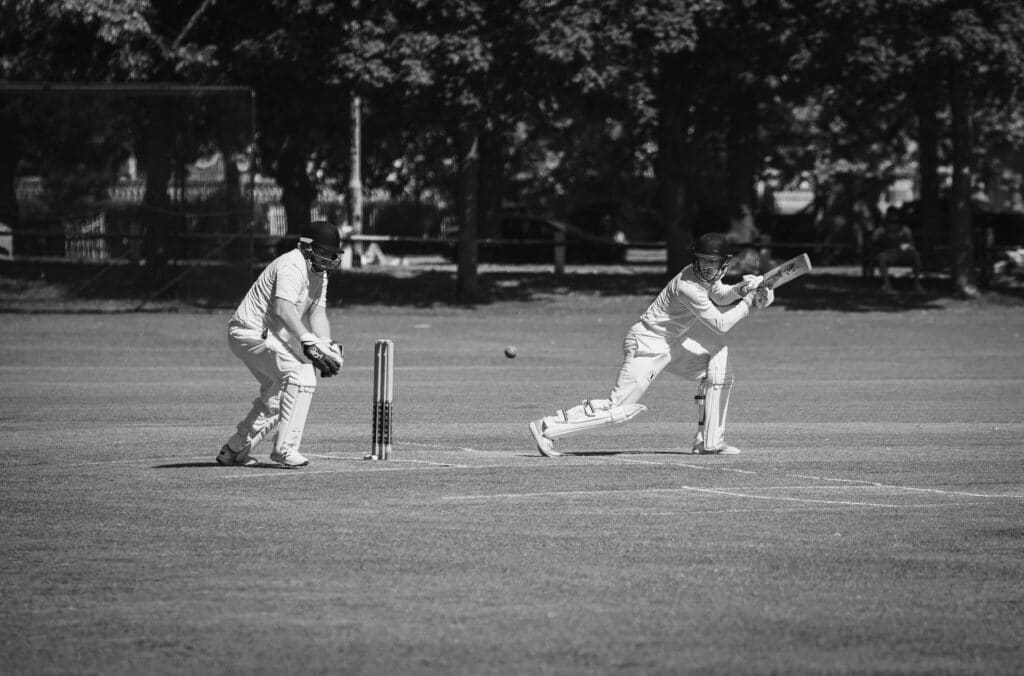What actually happens following an injury
What we’ll cover
What actually happens following an injury
Have you even wondered what happens to your body when you get injured? Our physiotherapist Vernon Mittal explains what actually happens when you injure yourself and how the body repairs following an acute injury.
An acute soft tissue injuries include injuries such as muscle strains such as a calf or hamstring strain or ligamentous sprains such as rolling an ankle or twisting a knee. Immediately following an acute injury, the begins it’s natural healing process and healing of the injury starts. This cascade of events is commonly portrayed to the naked eye as swelling or inflammation of which different natural healing chemicals, cells and enzymes infiltrate the affected site and begin “fixing the injury”. This repair process is broken up into 4 overlapping stages: coagulation, inflammation, granular tissue formation and scar tissue remodelling phase. Your physiotherapist treatment will vary depending on the nature and stage of injury recovery.
Stage 1 of soft tissue recovery – Coagulation + inflammatory phase:
Immediately after an injury, cells known as platelets travel to the damaged blood vessels and begin a chain reaction that ultimately stops excessive bleeding. During this phase, the injured site often may appear red, warm or even swollen as inflammatory cells (macrophages, neutrophils, leukocytes) infiltrate the injured site potentially causing swelling. These body cells are the basic first step of any healing process after an injury and provide first-line protection of the wounded area. Importantly, this process can take a few days which is where the role of acute management (RICER , NO HARM principle) becomes critical
During this stage, your physiotherapist will thoroughly assess the injury to provide a diagnosis. The primary aim of physiotherapy treatment during this stage is to reduce pain. Treatment techniques may include soft tissue work or dry needling. Your physiotherapist will prescribe safe exercises to continue with in this stage and where possible may also modify training or exercises. In some cases, your physiotherapist may also use techniques such as taping or bracing to prevent further injury or harm.
Stage 2 of soft tissue recovery – Granular tissue formation (Proliferation stage)
Following the initial inflammatory stage, tissue growth factors (most notably fibroblast cells) and skin cells (deep to superficial layers) are produced. These cells form the basic framework of the new cell matrix which allows the formation of new connective tissue. New blood vessels are also formed (re-vascularization). This process requires fresh blood and nutrients to proliferate the wound bed thus HEAT and massage have important roles to play in allowing the normal healing process to continue
During this stage, the primary aim or treatment is to facilitate and assist increase in blood flow and circulation to the injury site. The use of a heat pack or hot water bottle is useful during this stage of healing. Your physiotherapist will utilise hands on techniques during this stage such as massage or joint mobilisations. Prescribed exercises will also be changed to generally promote movement and flexibility.
Stage 4 of soft tissue recovery – Scar tissue remodelling
The final stage of soft tissue healing in reinforces the proliferation stage whereby fibroblasts continue to infiltrate the wound area and begin to re-build new and strong tissue. At a cellular level, collagen fibres are heavily involved in this stage as they cause wound contraction (tightening of the wound) and matrix re-modelling. The end product is to develop scar tissue or soft tissue which has the same tensile strength as the surrounding uninjured tissue. During this phase, there is likely to be minimal to no acute or immediate symptoms. However, it is crucial that end stage rehabilitation is completed to ensure that adequate and appropriate healing to ensure that the newly formed tissue can withstand your chosen sport or activity. Rehabilitation that is neglected during this stage commonly results in recurrent or repetitive injury to the same site.
How can physiotherapy help following an acute injury?
Your physiotherapist is an expert at assessing and diagnosing your injury following an acute incident. Depending on stage of healing, your physiotherapist will perform a variety of treatment options or modalities to help keep you active and injury free.
If you have experienced an acute injury, book an appointment by calling our team on 9571 6888 or book online today.



